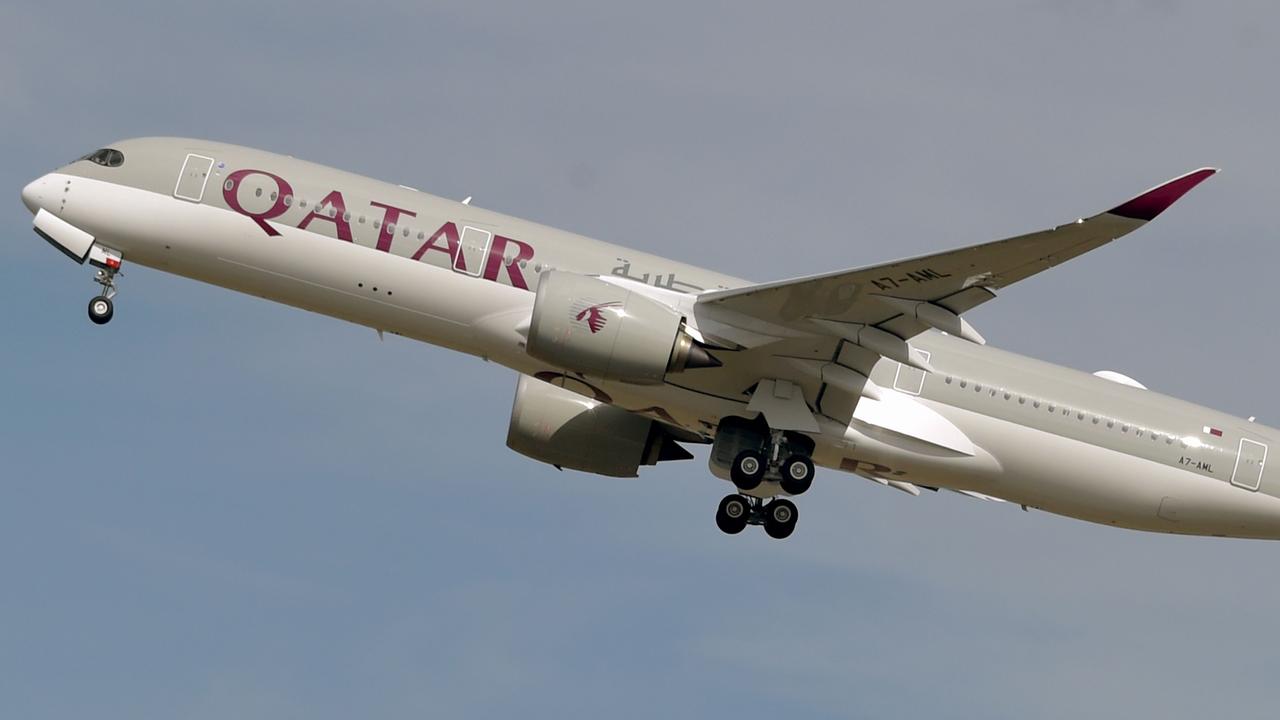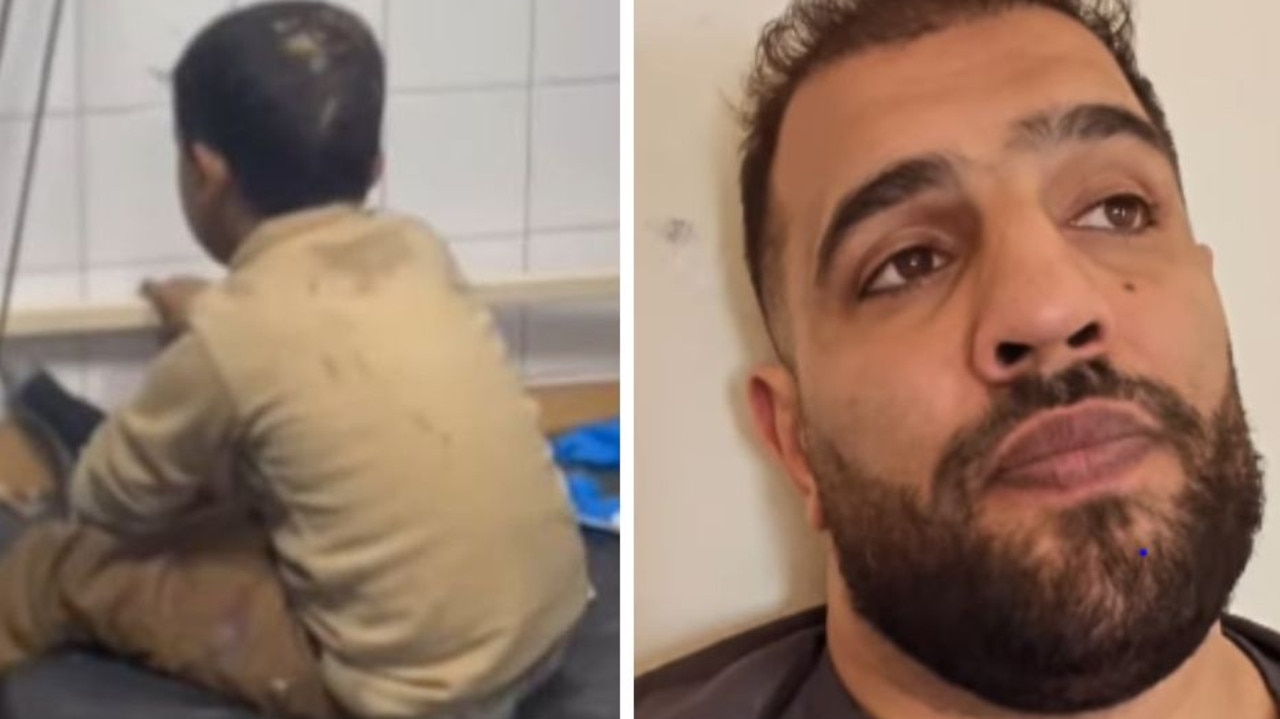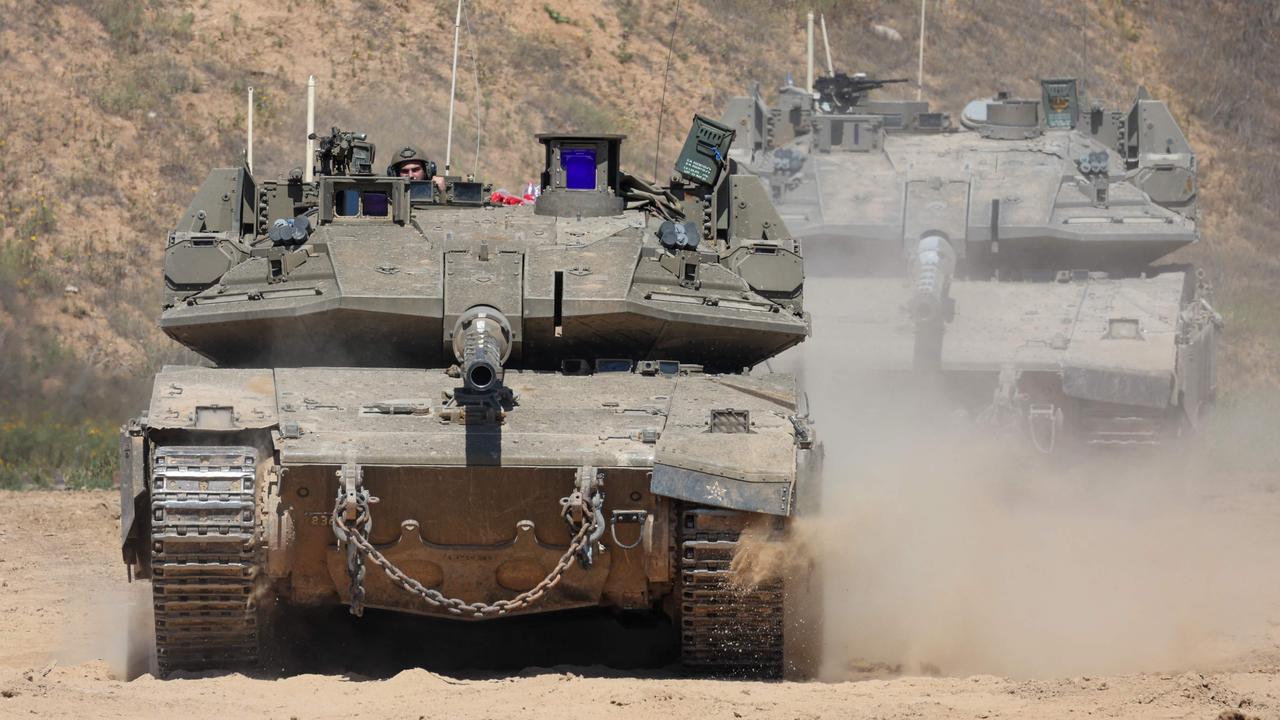Bashar al-Assad’s wife Asma reportedly files for divorce, seeks to leave Russia
The British wife of Syria’s ousted dictator Bashar al-Assad is reportedly seeking a divorce just weeks after the pair fled to Moscow.
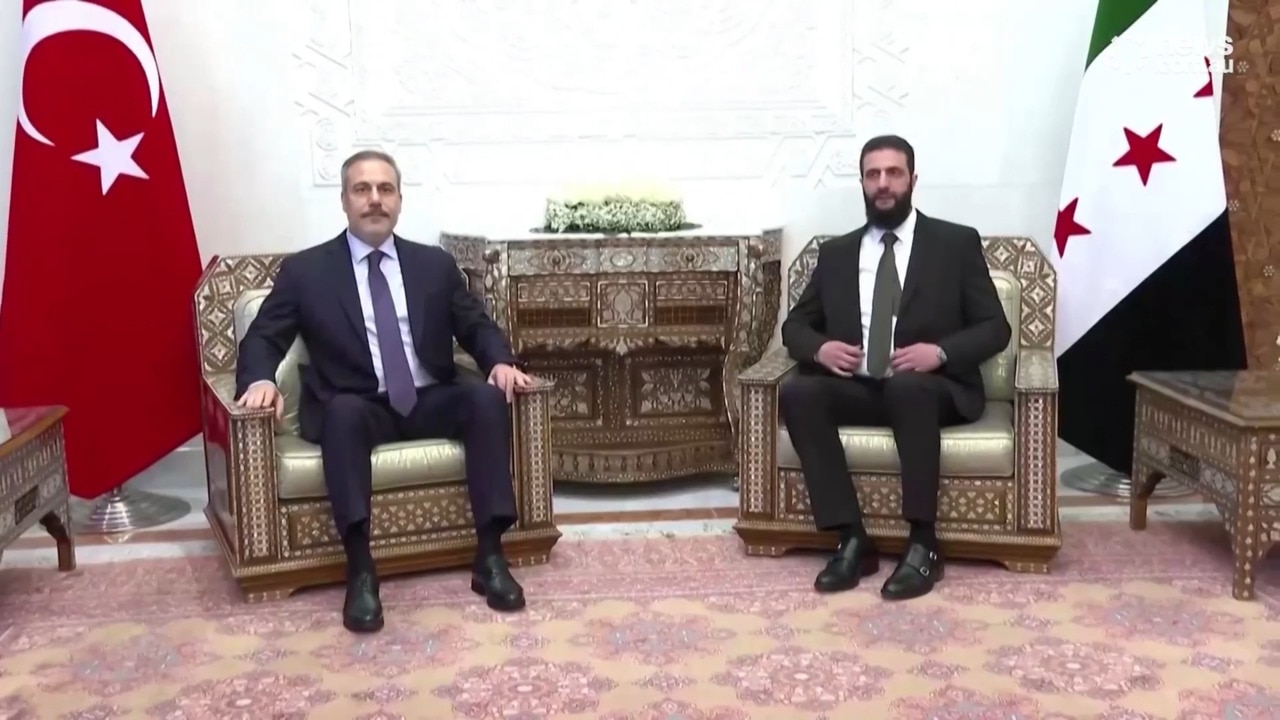
The British-born wife of Syria’s ousted president Bashar al-Assad has reportedly filed for divorce just weeks after the pair fled to Moscow.
Asma al-Assad, who has been in Russia since the fall of her husband’s regime, is reportedly unhappy with her new life and is now seeking to relocate to London, according to multiple Turkish and Arab media outlets.
Sources claim the 49-year-old, who is a dual British-Syrian national, has applied to a Russian court for special permission to leave Moscow.
Her request is currently under review by Russian authorities, according to the Jerusalem Post.
Asma was born and raised in London and moved to Syria in 2000, where she married Bashar al-Assad the same year, at the age of 25.
The situation surrounding her husband’s asylum remains precarious heading into the new year.
While Bashar’s asylum request in Russia was granted, he is reportedly facing tight restrictions on his movement and behaviour. He is not allowed to leave Moscow or engage in political activities, and Russian authorities have reportedly frozen his assets, which reportedly include 270 kilograms of gold, $US2 billion in cash, and 18 properties in Moscow.
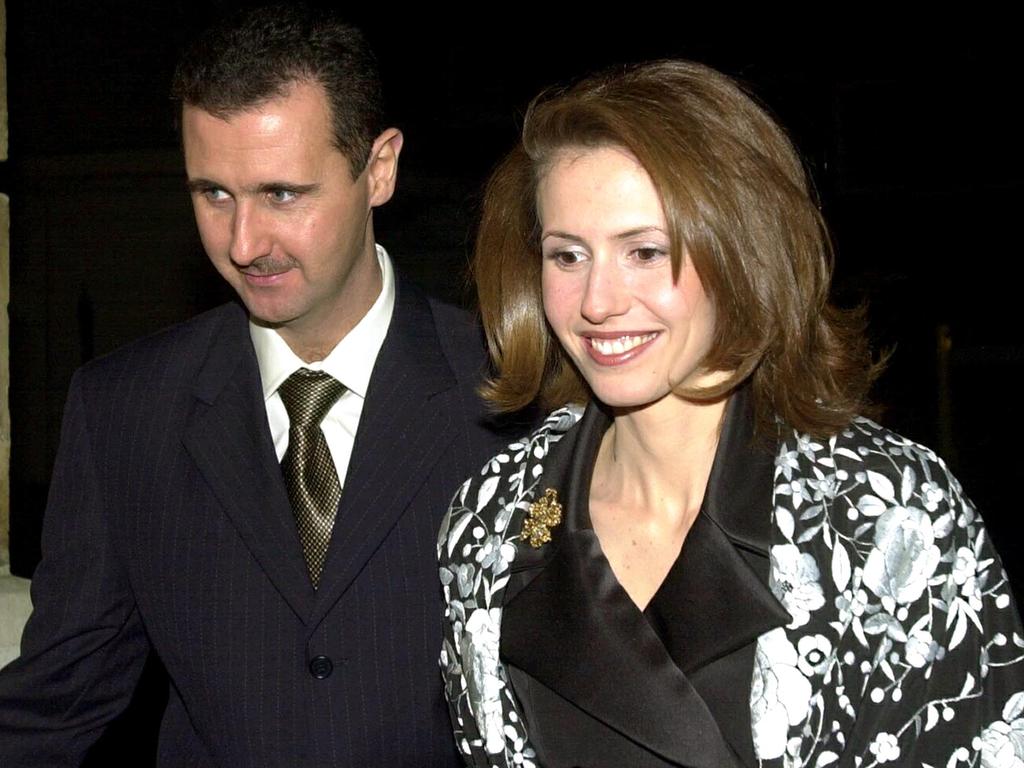
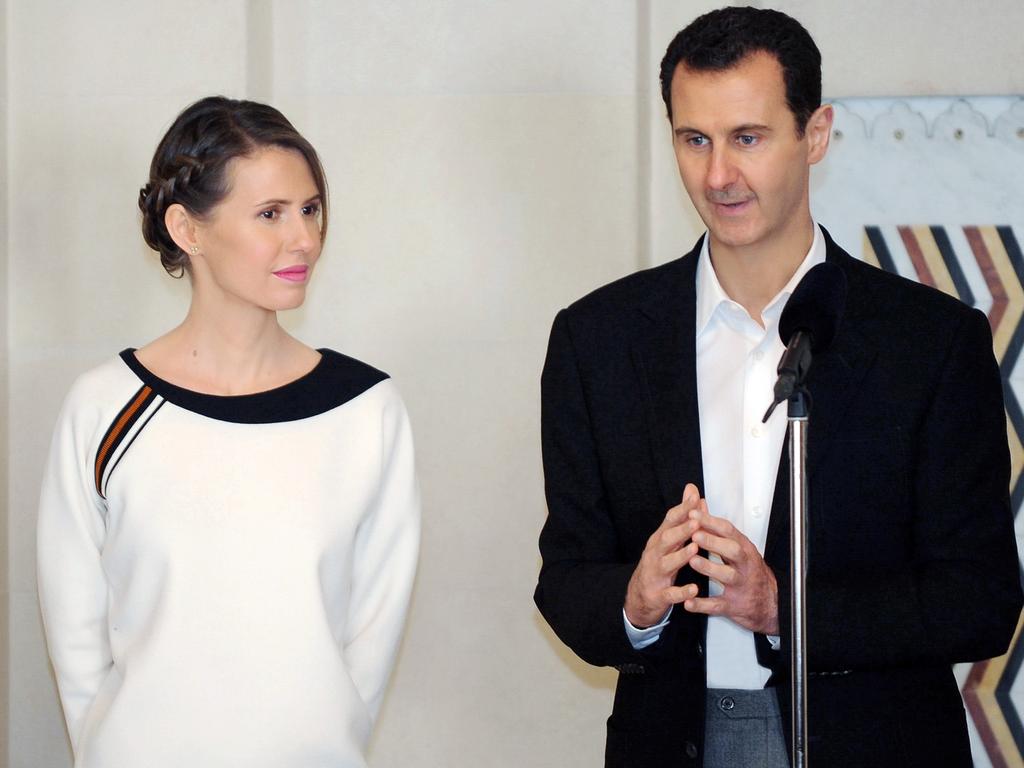
His brother Maher al-Assad, who has also sought asylum in Russia, has his request still under review.
The Assad regime had ruled Syria for over six decades and was toppled in early December following an offensive led by the rebel group Hay’at Tahrir al-Sham (HTS).
Despite being classified as a terrorist organisation by the United States and other Western nations, HTS’s victory has prompted shifts in US policy, including the removal of a $US10 million bounty on the group’s leader, Abu Mohammad al-Julani.
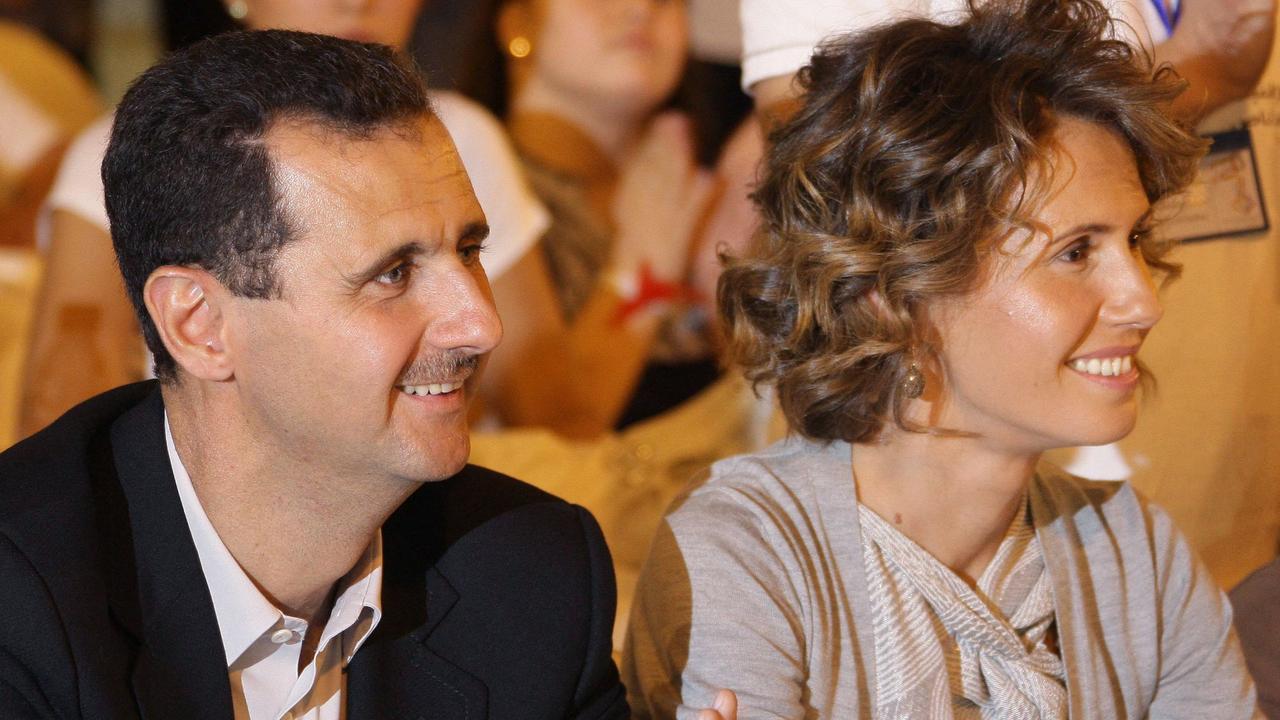
Syria’s new ruler clamps down on nation
Two weeks after seizing power in a sweeping offensive, Syria’s new leader Ahmed al-Sharaa on Sunday said weapons in the country, including those held by Kurdish-led forces, would come under state control.
Sharaa spoke alongside Turkish Foreign Minister Hakan Fidan, after earlier meeting with Lebanese Druze leaders and vowing to end “negative interference” in the neighbouring country.
Ankara-backed rebels played a key role in supporting Sharaa’s Islamist group Hayat Tahrir al-Sham (HTS), which headed a rebel alliance and seized Damascus on December 8.
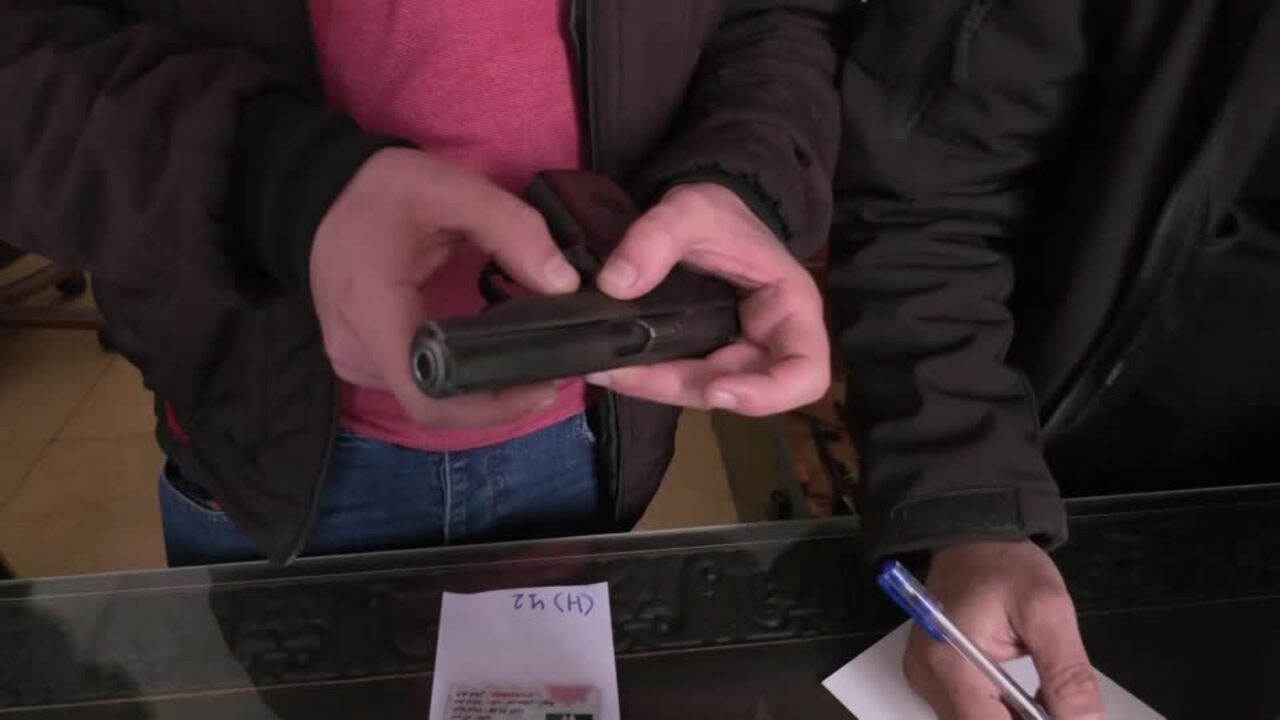
During a press conference with Fidan, Sharaa said Syria’s armed “factions will begin to announce their dissolution and enter” the army.
“We will absolutely not allow there to be weapons in the country outside state control, whether from the revolutionary factions or the factions present in the SDF area”, he added, referring to the Kurdish-led Syrian Democratic Forces.
Sharaa — also known by his nom de guerre Abu Mohammed al-Jolani — traded in the olive-green military shirt he sported just days ago for a suit and tie during his meetings on Sunday at the presidential palace.
He also said “we are working on protecting sects and minorities from any attacks that occur between them” and from “external” actors exploiting the situation “to cause sectarian discord”.
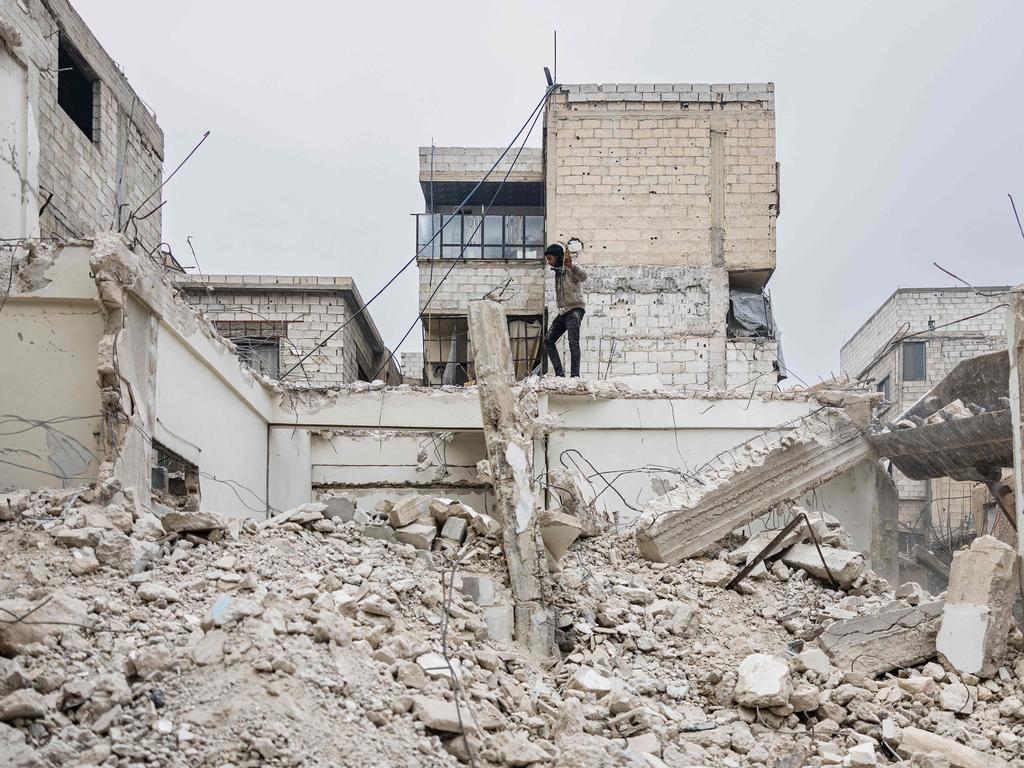
“Syria is a country for all and we can coexist together,” he added. Fidan said sanctions on Syria must “be lifted as soon as possible”. He called for the international community to “mobilise to help Syria get back on its feet and for the displaced people to return”.
Syria’s nearly 14-year civil war killed more than half a million people and displaced more than half its population, with many of them fleeing to neighbouring countries, including three million in Turkey.
Turkey has maintained strong ties with Syria’s new leaders, and Ankara’s intelligence chief Ibrahim Kalin was in Damascus just four days after Assad fell.
Ankara has continued operations against Kurdish-held areas in northeastern Syria, with a Britain-based war monitor reporting on Saturday that Turkish drone strikes killed five civilians in the area.
A senior German diplomat, Tobias Tunkel, on Sunday said on X that he had spoken with SDF leader Mazloum Abdi about rising tensions in the Kurdish-held border town of Kobane “and urgent steps to diffuse them.” On Friday a US diplomat in Damascus said Washington was urging a ceasefire between Turkish-backed forces and the SDF around Kobane.
Ankara regards the People’s Protection Units (YPG), the main component of the SDF, as being connected to the militant Kurdistan Workers’ Party (PKK) at home, which both Turkey and Western allies deem a “terrorist” organisation.
– with AFP

